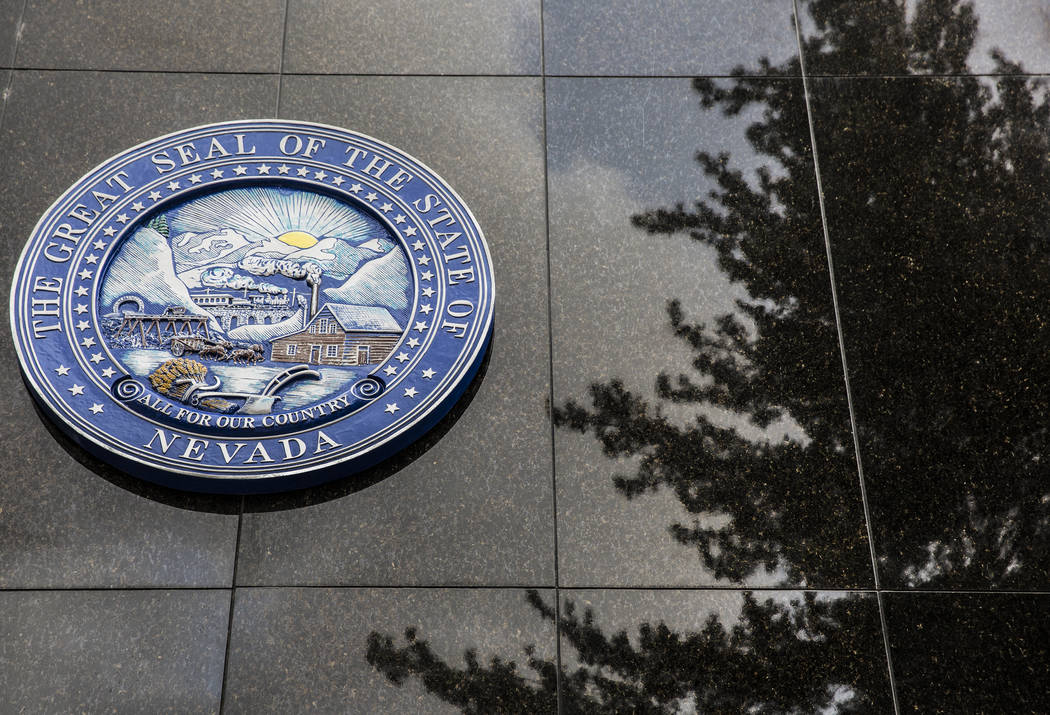
CARSON CITY — Nevada’s Medicaid program overpaid health care providers by an estimated $60 million in fiscal year 2018, an audit found.
The overpayments stemmed from undetected or unreported wage increases for Medicaid recipients, increases that either would have reduced the benefit payments or terminated them from the program altogether, legislative auditors told state lawmakers on Tuesday.
Similar wage reporting and detection issues also led to about $9.5 million in overpayments from the Supplemental Nutrition Assistance Program, formerly called food stamps.
The nearly $70 million in combined overpayments were considered “conservative” estimates, according to the audit of the Division of Welfare and Supportive Services, and actual amounts “could potentially be much higher.”
The state’s total Medicaid budget is $8.5 billion for the current two-year budgeting cycle, with $6.7 billion of that coming from federal funding.
Auditors analyzed quarterly wage data for 50 households that receive Medicaid benefits from the state’s Employment Security Division. Of those households, auditors found 11 that had unreported income increases for one or more quarter that resulted in $54,321 in overpayments. Auditors also found four households with incomes that were less than reported.
Auditors projected those findings over the 417,000 households that receive Medicaid benefits in Nevada and estimated that the state made $59.8 million in Medicaid payments for ineligible recipients, the audit said.
Unless Medicaid recipients report their income changes on time, “most of these improper payments are not preventable by the division using available wage information,” the audit said.
Medicaid recipients are supposed to report any income changes by the fifth day of the month or within 10 days of the change so that the state can re-evaluate benefits and eligibility. Otherwise, Medicaid patients report their household income during their annual renewal periods.
Chief Deputy Legislative Auditor Shannon Ryan said that utilizing quarterly wage data could help the state identify eligibility changes between those renewal periods.
The division identified 3,246 cases of overpayments in both Medicaid and SNAP programs in 2018, according to spokeswoman Julie Balderson. The division was able to establish roughly $3.5 million in overpayments to Medicaid from those cases, and have recovered $1.85 million so far, she added.
Assemblywoman Maggie Carlton, D-Las Vegas, said the reason the Legislature settled on the one-year eligibility window was due to the “ebb and flow” of pay for many who receive Medicaid benefits.
“Some folks will do well at one end of the year, but maybe not so well at the other end of the year,” Carlton said.
Carlton said she also has concerns about setting up systems to recoup that money from the recipients, because that money never goes directly to the recipients, but rather to hospitals and doctors.
“We penalize the recipient when they never received the dollars. They just received health care,” Carlton said.
The audit made eight recommendations, including that the division use quarterly wage information to better check eligibility and improve the policies and systems that deal with notifications about eligibility, all of which were accepted by the agency.